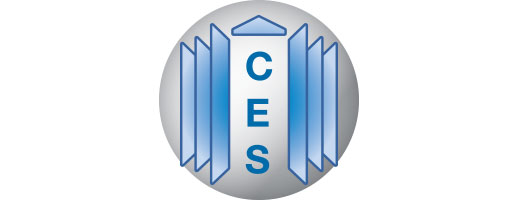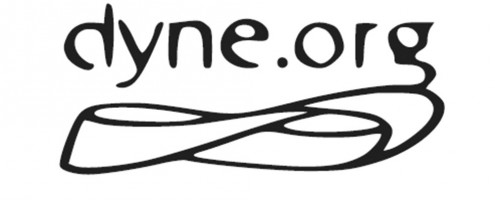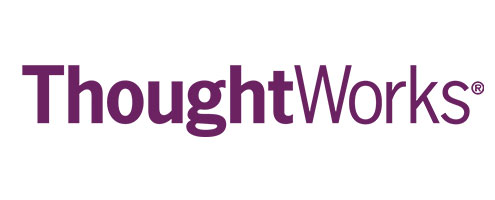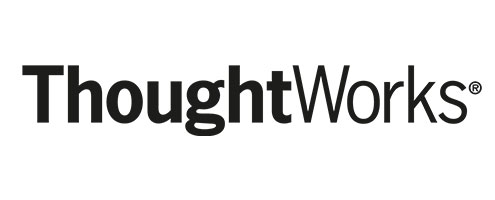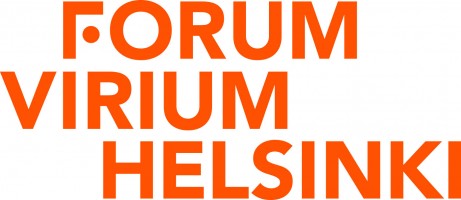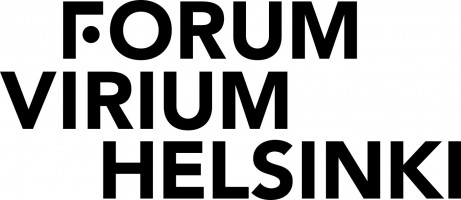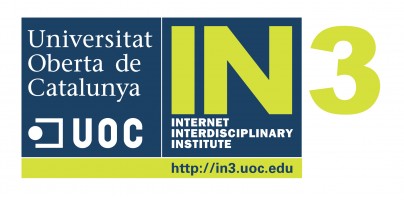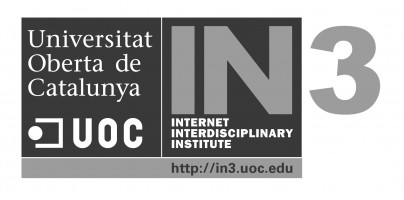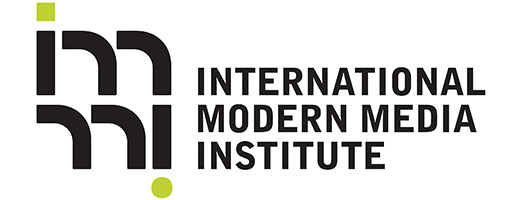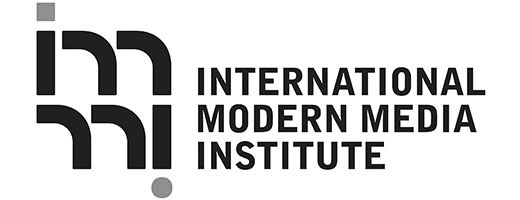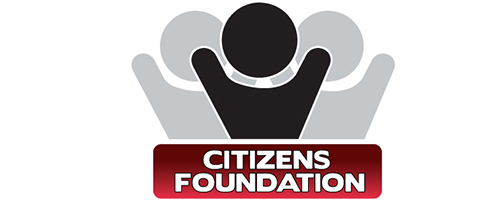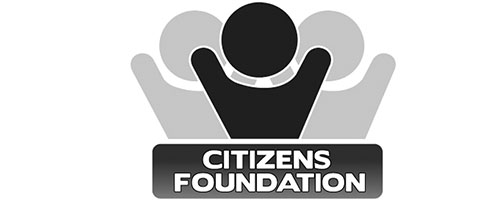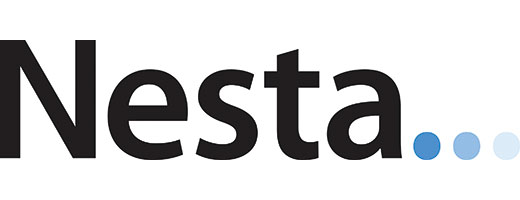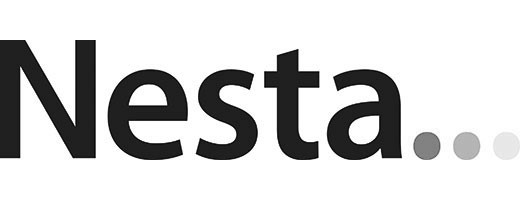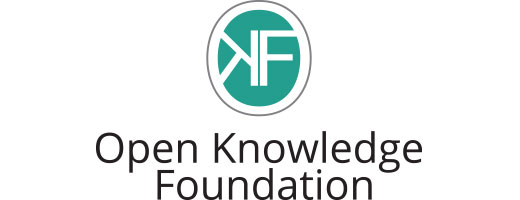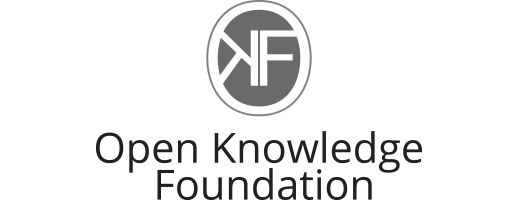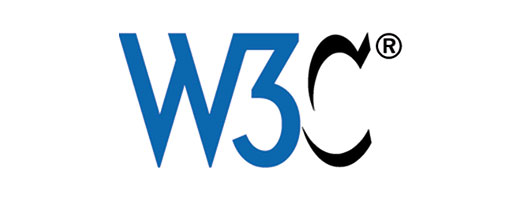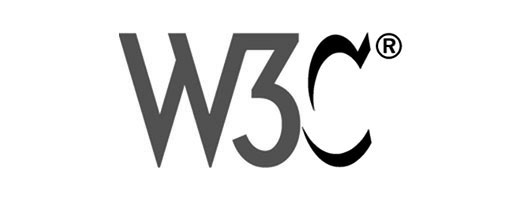Editors: Javier Toret, Pablo Aragón, Antonio Calleja-Lopez
In Spain, the purpose is to offer D-CENT tools for the use of citizen movements moving into the electoral arena. The piloting was launched with two new and influential political groups: Podemos at national level and Guanyem Barcelona at municipal level. More than 1000 people have been involved in the tests with D-CENT prototype (based on DemocracyOS) and Appgree software.
Podemos is a political party born in the wake of 15M, with strong citizen participation and that relies heavily on the Internet and online platforms. In the spring of 2014, it obtained five seats in the European Parliament Elections and got 8 percent of all votes. As of December 2014, polls reflect a huge growth in vote intention, to the point of being clear candidates to win the elections due in November 2015.
15-day average trend line of poll results from November 2011 to the present day, with each line corresponding to a political party (Source: Wikimedia Commons).
Guanyem Barcelona (Catalan for Let’s win back Barcelona) is a citizen-led coalition attempting to build a new type of city management. It aims to win the 2015 Barcelona city elections.
The cooperation with these groups grew with the evolution of the post-15M political scenario in 2014, as part of the ongoing D-CENT work for identifying relevant user communities and their needs.
“It’s been great to work with Podemos and Guanyem in Spain. We’ve tested out several features for D-CENT and we’ve been happy with the amount of interest and participation these pilots have received,” says Arnau Monterde, from Open University of Catalunya.
Guanyem Barcelona – making the city better
With Guanyem, our work began in September 2014. We wanted to ask from people living in Barcelona: “What Barcelona do we want?” and “Which are the most urgent actions that should be taken?”
To find this out we took onboard Appgree software, which enables fast massive polls with mobile phones. Its most important feature is the combination of an ability to ask open questions and then filter open answers with a statistical algorithm called demoRank. After filtering, the answers are shared between participants, and the most approved answer will be selected.
The pilot was a success. In spite of its recent creation, Guanyem Barcelona’s channel in Appgree already has 2.500 followers. On September 16th, 1.332 users accessed, with 356 people making 434 proposals and with 732 voting, with a total of 9.872 votes casted for the options proposed by the users themselves.
To the first question launched, “What Barcelona do we want?”, 522 users accessed, with 216 responses and 460 voters for a total of 4.352 votes.
The response that won the voting was: “We want a Barcelona free from evictions, corruption and inequality. A city for the needs and desires of the people that inhabit it.”
The second question, “What are the most urgent actions that should be taken?” was accessed by 599 users and received 218 proposals that were voted by 499 users, who casted a total of 5.520 votes.
The response that won the voting was: “Total transparency in the city budget: what is the money being spent into”. It was followed by others such as “Guarantee the basic needs of all citizens: food, housing, health, and education”, “To diversify the economy and to reduce touristic exploitation”, and “Public management of water supply”.
Drafting the ethical code together
A second large scale test was to get people involved to collectively construct Guanyem Barcelona’s ethical code. The code is a set of practices and actions that people who get elected in the May 2015 elections have to commit. For construction of this code, we offered a D-CENT prototype built on top of an existing vote and debate tool, DemocracyOS. DemocracyOS was upgraded and adapted in usability and to match in Guayem Barcelona’s processes.
The tool is available here: http://participa.confluenciacodietic.cat/
The process was divided in two: drafting a process and a votation of the results. The drafting was open for two weeks, and citizens were able to request changes and amendments by using annotations and commenting. This process included offline workshops with 400 people debating, with discussion among political forces and with input to online platforms coming from more than 400 people. All this input was integrated in the final document.
The online participation was extensive, especially given the type of document: 365 users, 321 comments, 957 ratings and 139 replies. In the second stage, Guanyem Barcelona’s #EthicalCode was publicly validated on Appgree, with more than 1000 votes in favor. This process has been very important for the citizen candidacy to #WinBarcelona.
By now, Guanyem has already submitted the second version of its ethical code for further validation. Over 800 people have already validated it.
Here’s a guide how to use the tool (in Spanish):
All the DemocracyOS code released for this pilot is documented here: https://github.com/GuanyemBarcelona/democracyos/blob/development/History.md
Podemos – supporting internal decision-making processes
With Podemos, we continued to test out DemocracyOS and its improved features. The tool was tested for internal decision-making in one of Podemos’ virtual assemblies. The assembly was set up to decide of the function and working methods of one of the circle groups. An interesting observation was that participation decreased with time: first proposals were voted and commented on more than later ones. Also, looking at the average figures, participation was much higher in voting than in discussion.
The next step with Podemos is to move on to larger scale pilots in collaboration with Laboratorio Democrático (LaboDemo). LaboDemo is a digital strategy Lab driving the participatory infrastructure of Podemos. It is developing innovative tools for networked democracy and has launched the debate platform Plaza Podemos with 220,000 registered people.
The challenges reside now in developing new prototypes and tools that prove useful for the communities involved in these processes, to set up an experiment of massive scale within these emerging social processes: Podemos and Guanyem.






